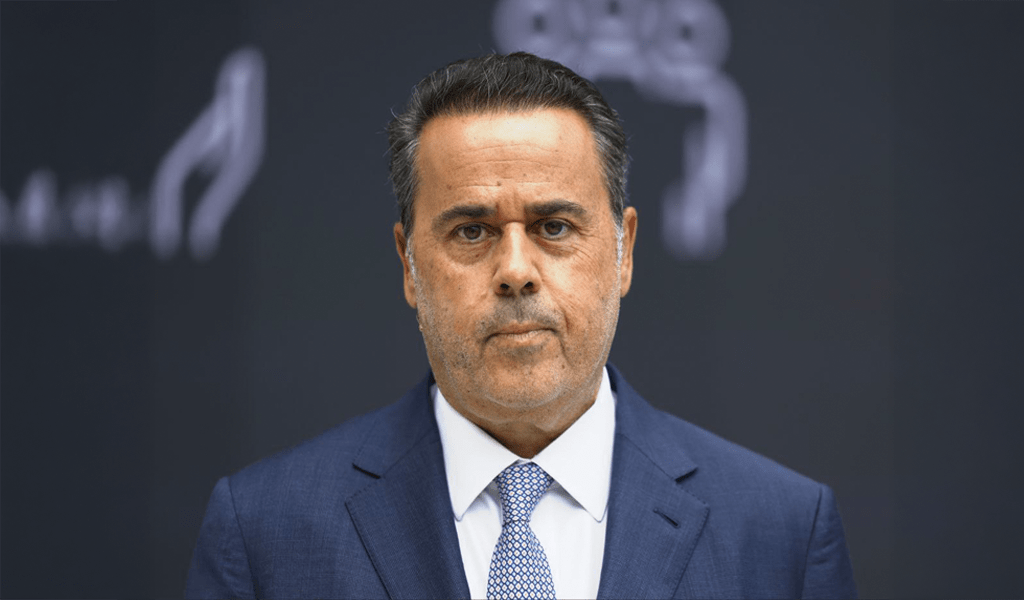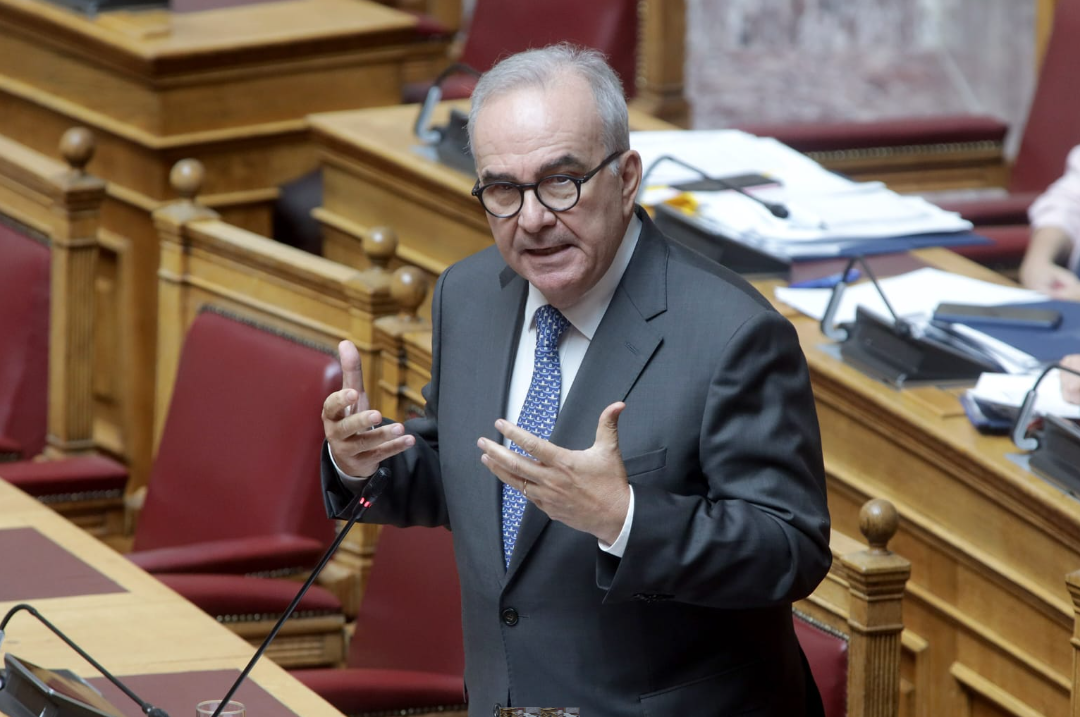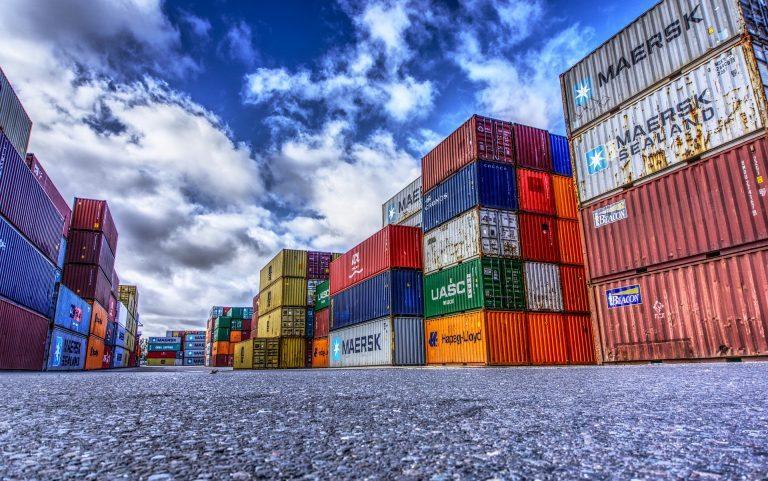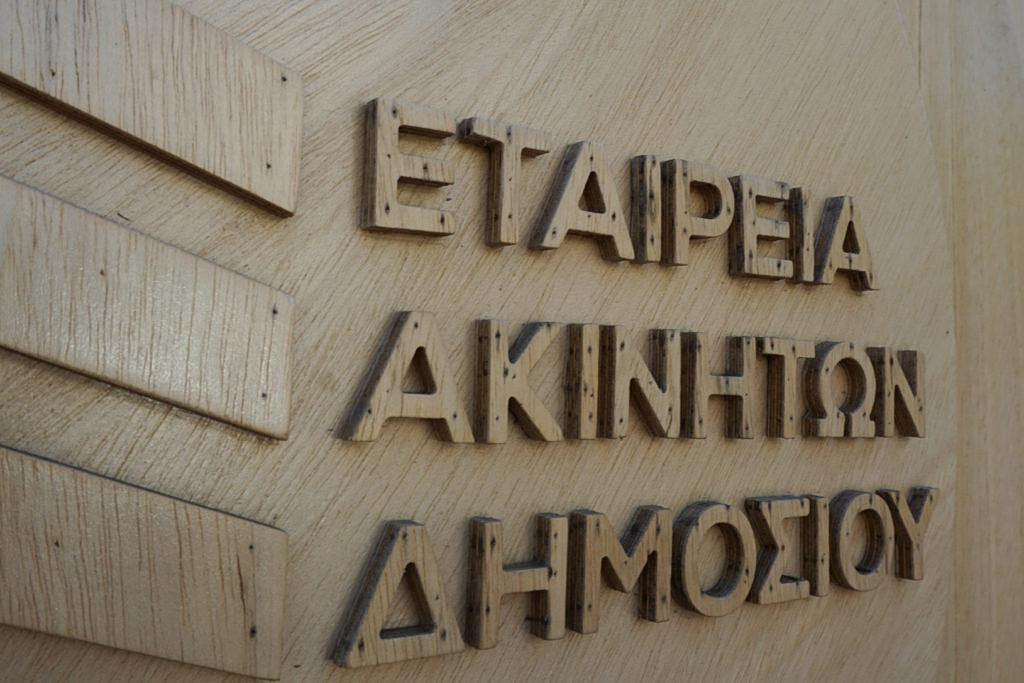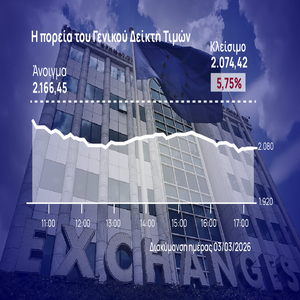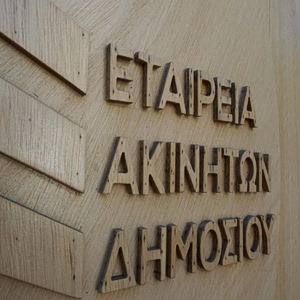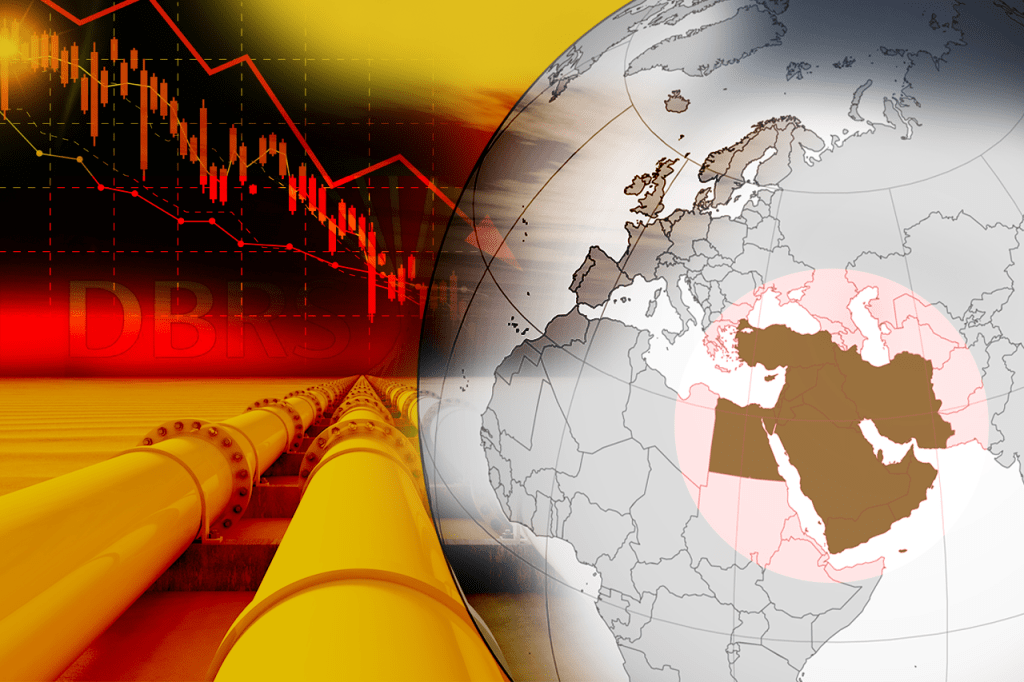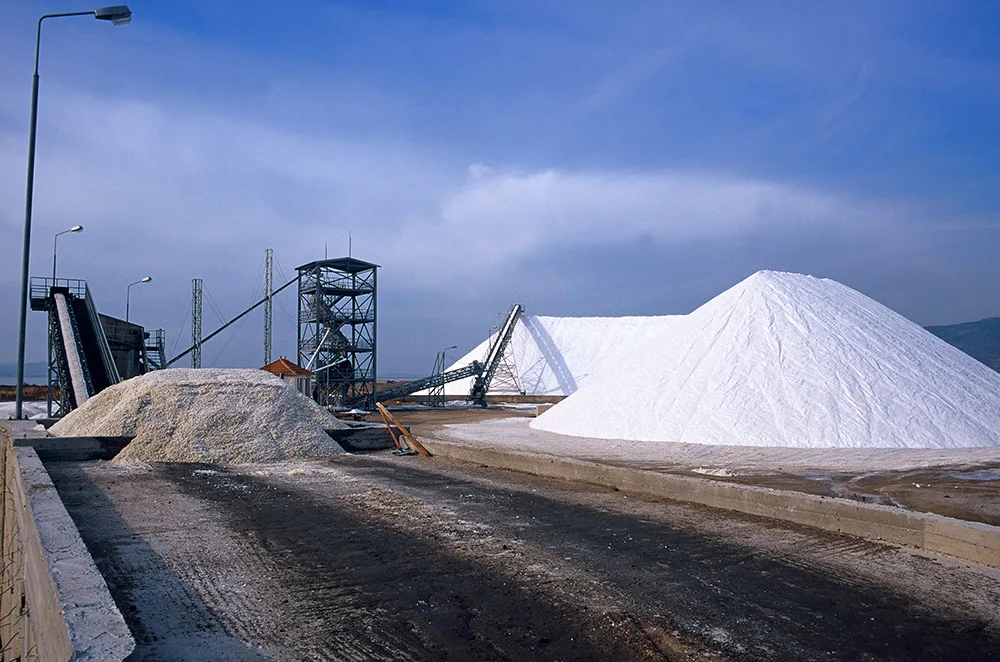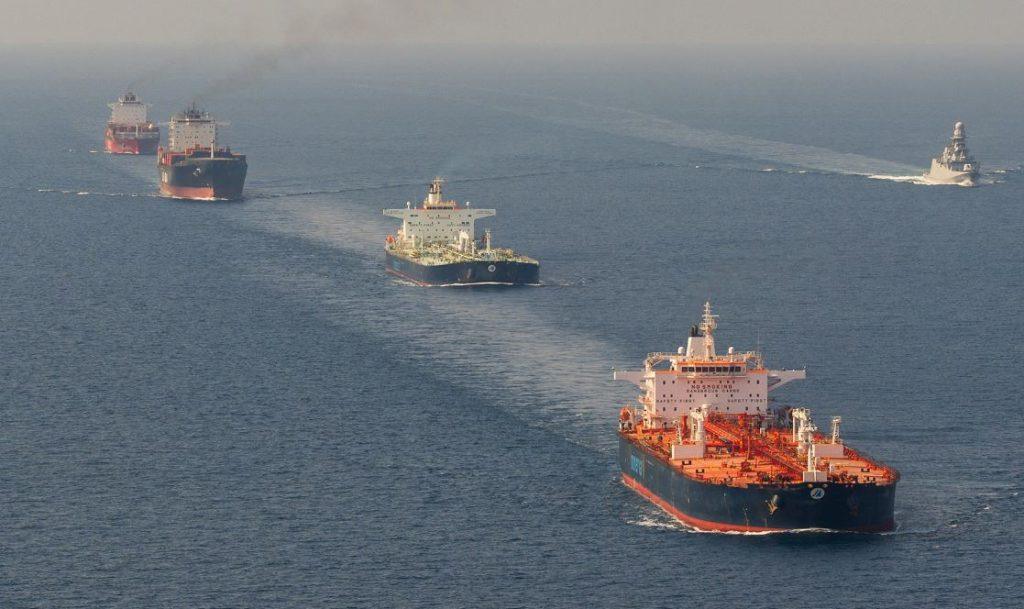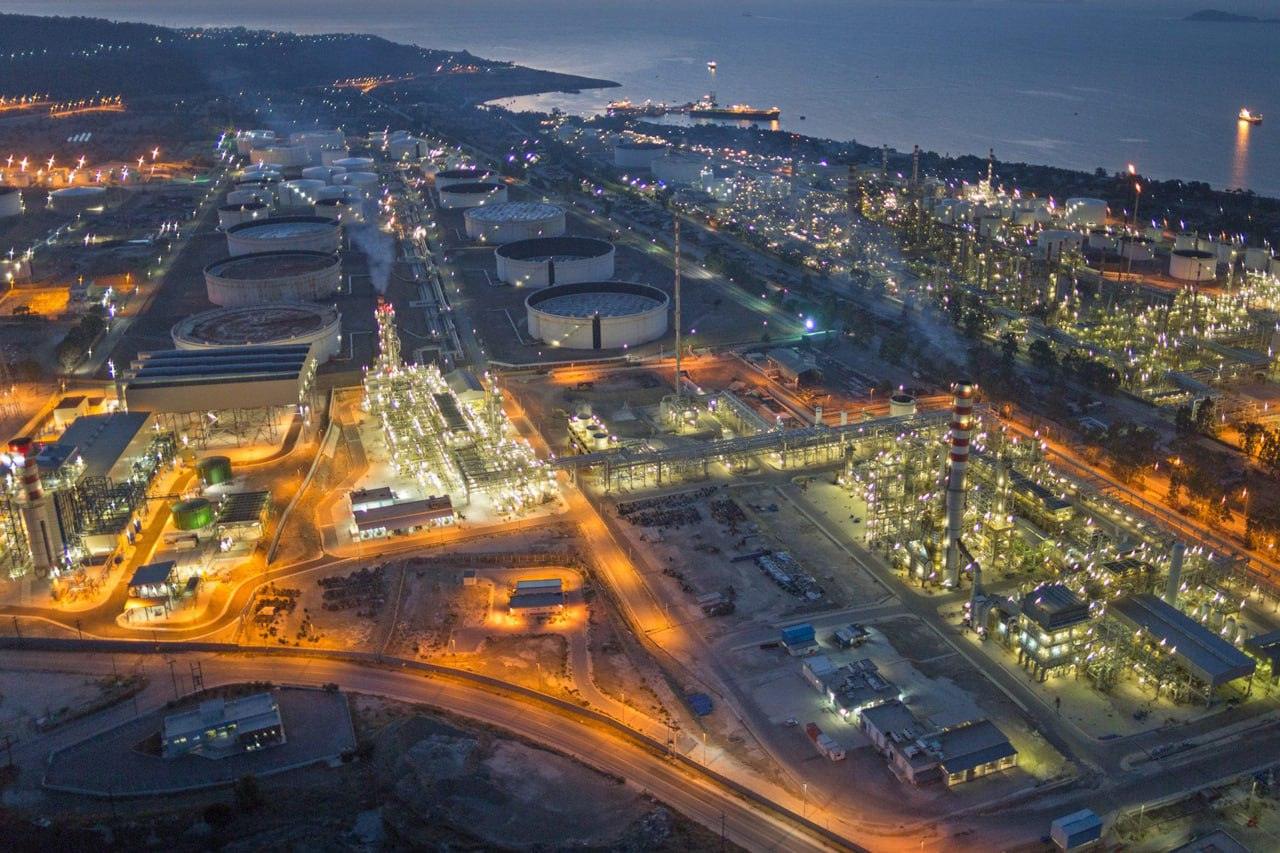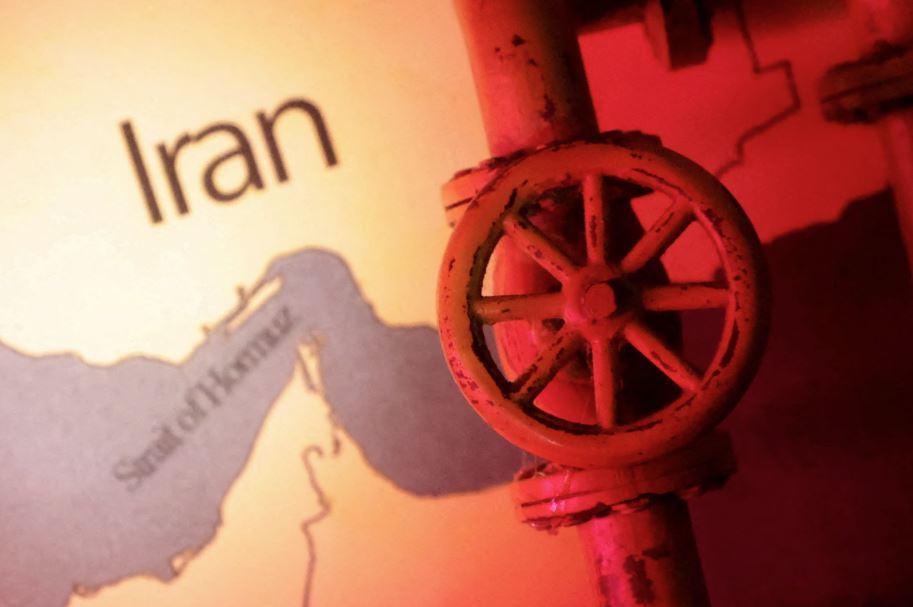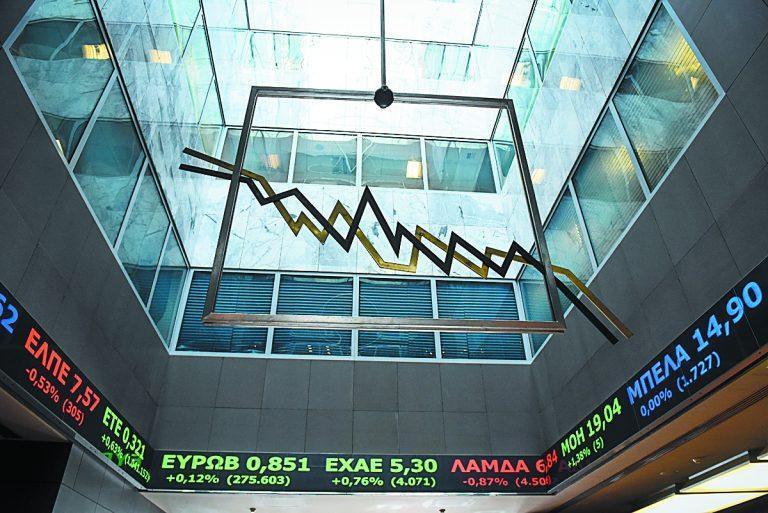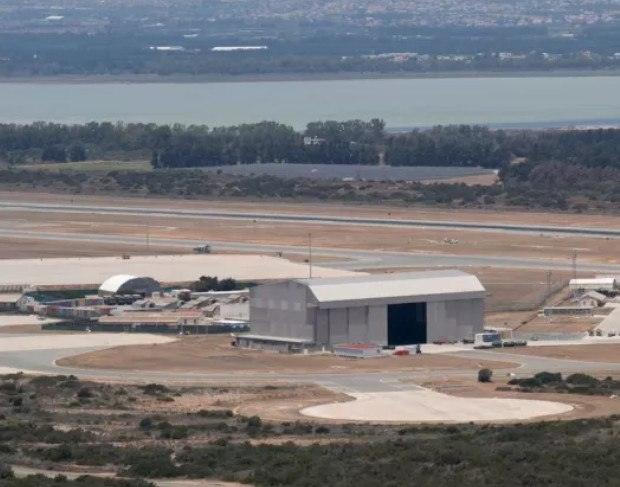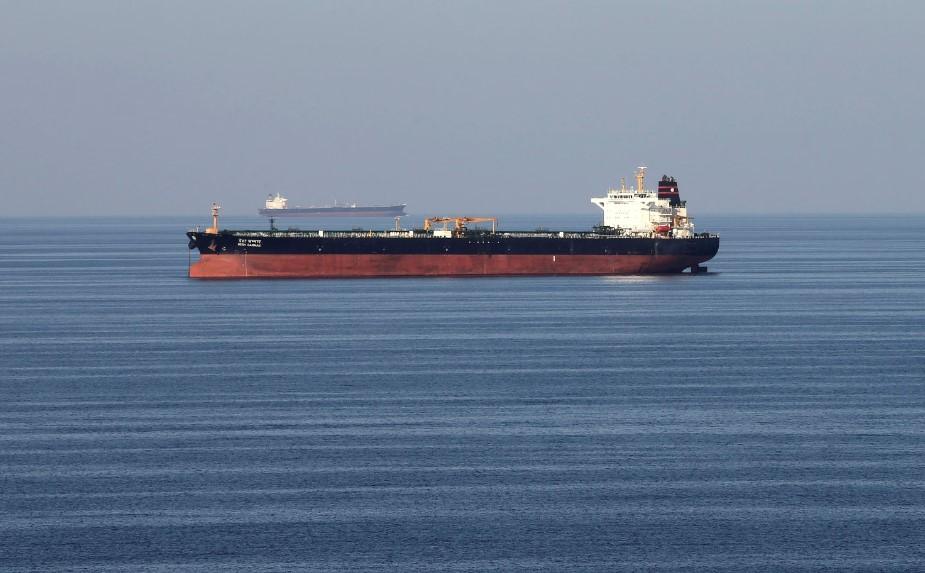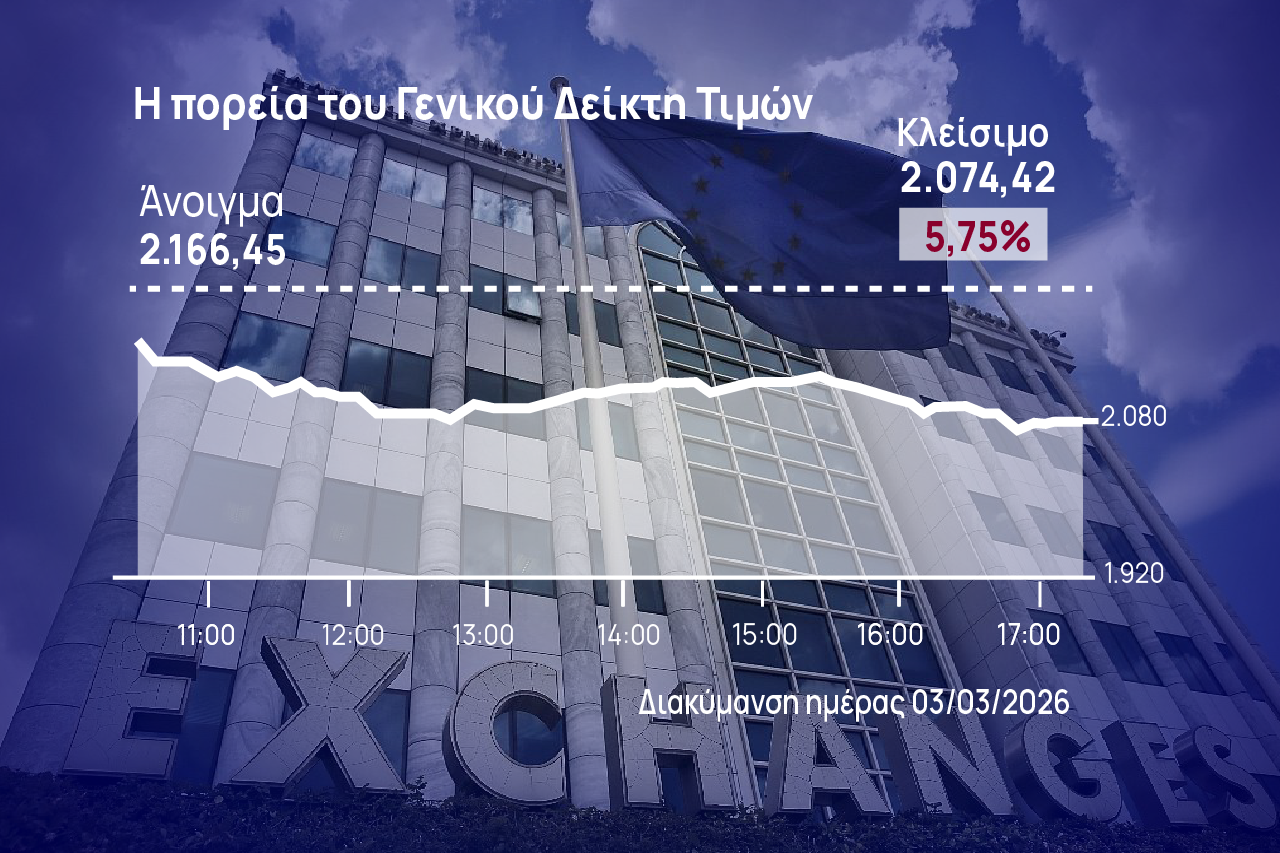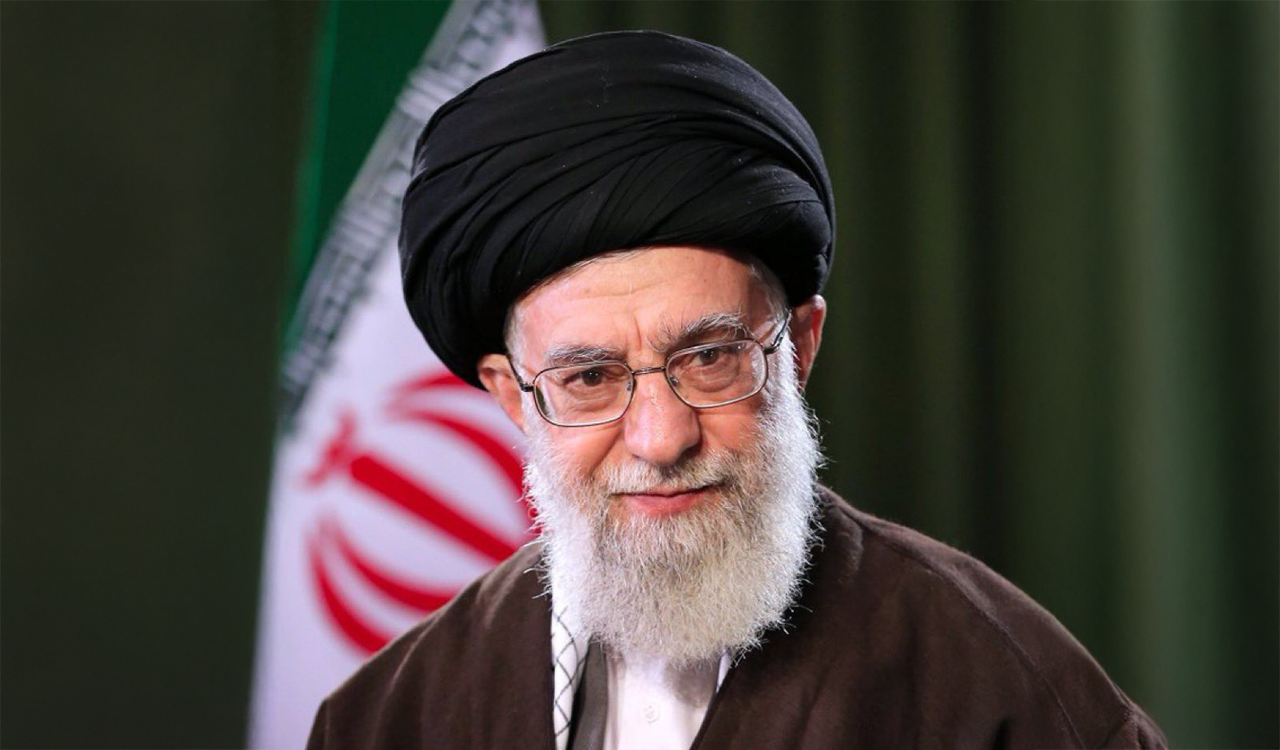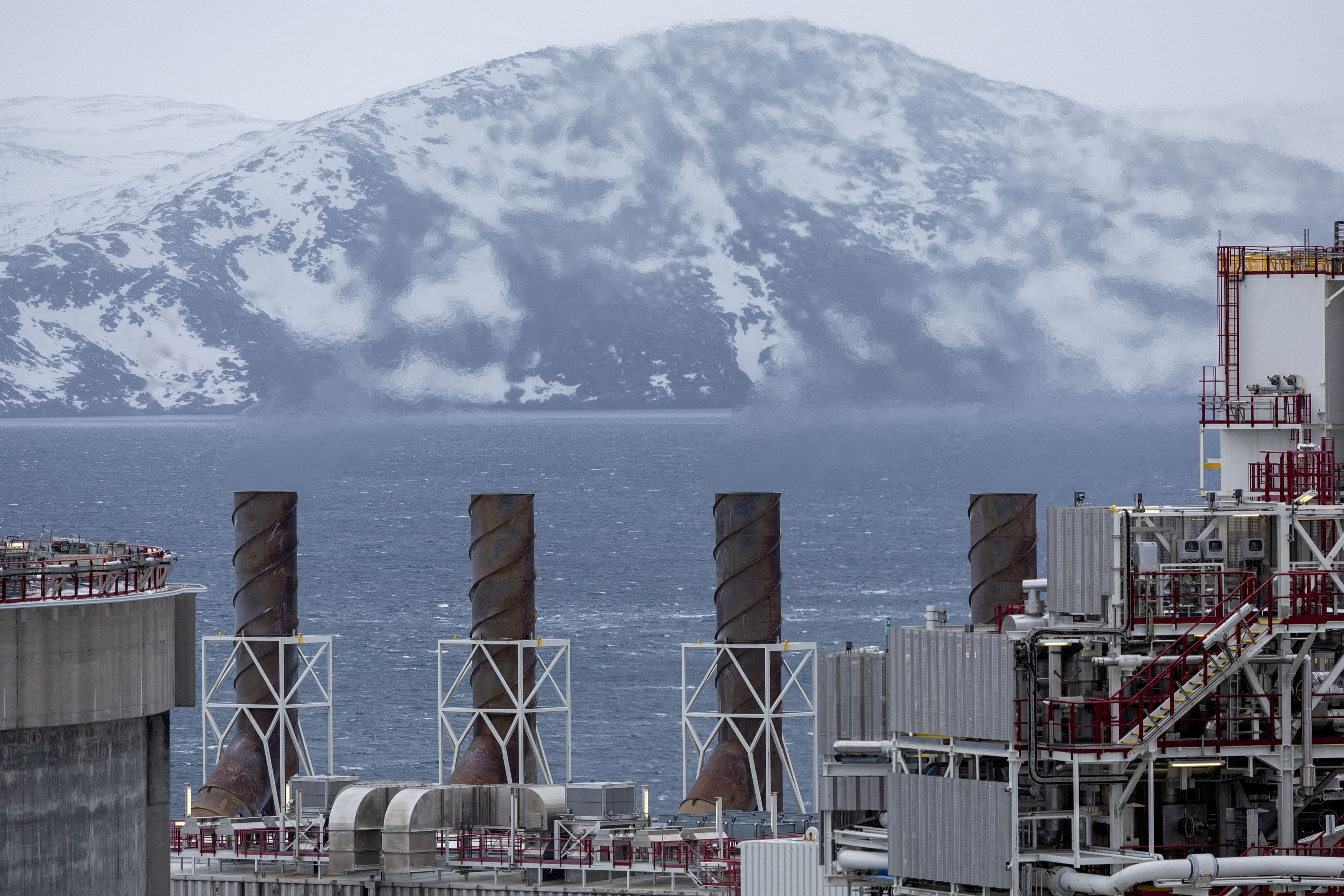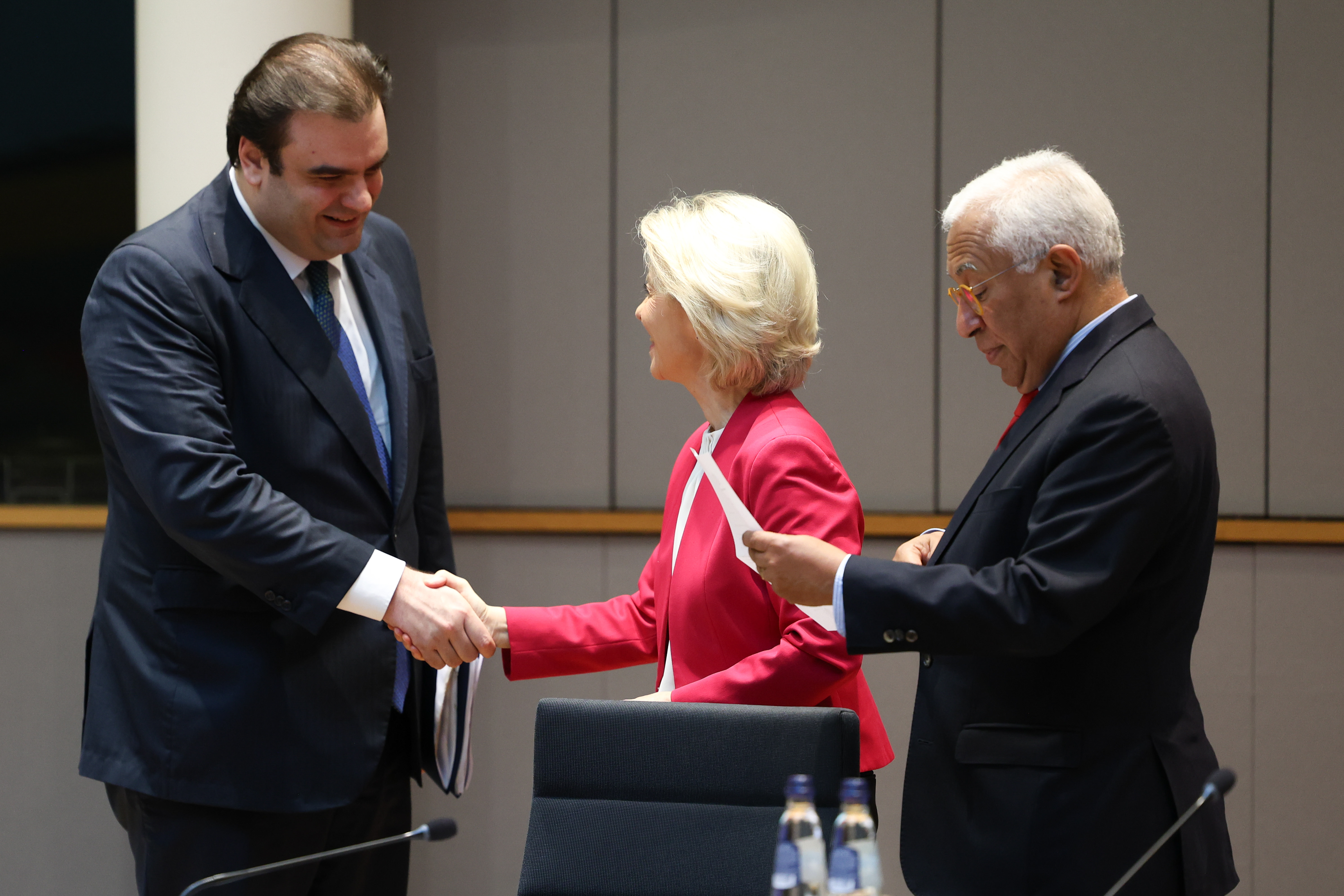Amid the ongoing crisis in the Middle East and the military strike of the US against Iran’s nuclear installations, and in the face of negative consequences on the Greek economy, Minister of Energy and Environment Stavros Papastavrou said the government was considering a series of measures to alleviate consumer pressure if electricity costs increased.
During an interview with Greek TV station Skai on Sunday, Papastavrou did not rule out the prospect of allowances to households to battle rising energy costs.
“The government of Kyriakos Mitsotakis has proven in practice that, when necessary, it does what must be done. The same will apply in this case, if needed — it will continue to support social cohesion and will not leave anyone behind,” he stated.
The minister reiterated the Greek government’s initiatives for a fairer common EU energy policy to safeguard its citizens from crises like the one unfolding in the Middle East.
“The absence of a common energy policy is creating a two-speed Europe in the energy sector. This is a crucial issue — one that was highlighted by Greek Prime Minister Kyriakos Mitsotakis himself, leading to the formation, for the first time, of a special EU task force, which is set to convene before the end of June,” the official noted.
On the issue of Libya’s recent objections to the exploration and exploitation rights in the offshore hydrocarbon blocks south of Crete, which have been put out to international tenders, Stavros Papastavrou repeated the country’s position, stating:
“Libya itself launched a tender for its own offshore blocks on March 3, before Greece accepted Chevron’s expression of interest. If one looks at the map released by Libya’s National Oil Corporation on March 3, it’s clear that they fully respect the median line—essentially aligning with the framework under which Greece is proceeding. One might say that, judging by last week’s statements from Libya’s Ministry of Foreign Affairs, they’ve since changed their position—and their maps.”
